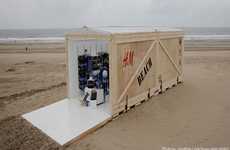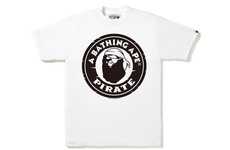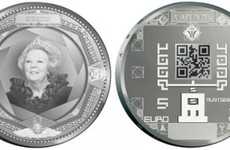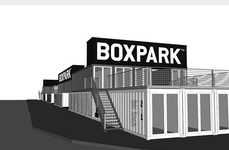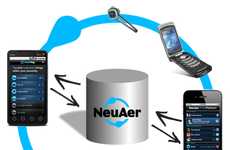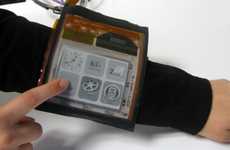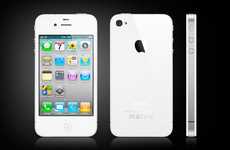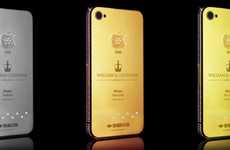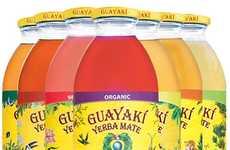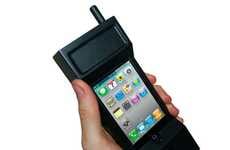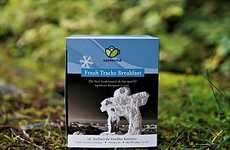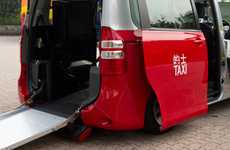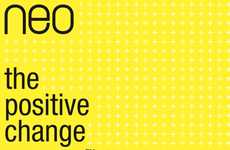


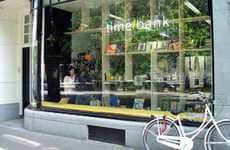
“Au gratis” products and services gain customer attention
Implications - An increasing number of businesses are offering free-of-charge products and services, some of which are available through exchange or bartering, while others are simply just free. Whether it’s offered in the name of customer appreciation, to provide samples that encourage future purchases or to help a lower income market group, these “freetail” establishments all have one thing in common—they create positive association of their brand among customers who love a good bargain, especially one that doesn’t cost them a cent.
Trend Themes
1. Freemium Business Model - Businesses are offering free-of-charge products and services in order to create positive association of their brand among customers who love a good bargain. This could be implemented into various industries by offering a basic service for free, and charging for premium/additional services to create more revenue opportunities.
2. Barter Economy - Some businesses are accepting goods and services instead of money, or exchanging goods/services with each other based on time or other factors. This trend opens up opportunities for businesses to trade with each other or offer customers alternative payment methods that don't rely on traditional money.
3. Community-based Business - Businesses are emphasizing the importance of a healthy and unified community and opening up stores that rely on donations or community support. This trend shows businesses can be successful by appealing to local/specific communities or finding unique ways to connect with customers, rather than relying on traditional business models.
Industry Implications
1. Hospitality Industry - The freemium and barter economy business models could be implemented by hotels, restaurants, and cafes to offer basic services for free, and charge for premium services or accept goods/services instead of payment. Additionally, community-based business models could be implemented by opening stores based on donation or community support, like the Panera pay-what-you-can cafes.
2. Retail Industry - The freemium model could be implemented by offering basic services/products for free, and charging for premium/additional services/products. The barter economy could be used to offer customers an alternative payment method, or to trade goods/services with other businesses. The community-based business model could create unique experiences for customers by appealing to specific communities or interests.
3. Nonprofit Industry - The freemium business model can be used to provide basic services for free and charge for premium/additional services to create more revenue opportunities, without sacrificing the nonprofit mission. Additionally, the community-based business model can be implemented to connect with donors or specific communities in unique ways and promote the nonprofit's mission.













